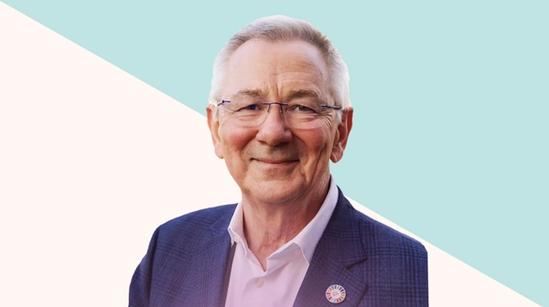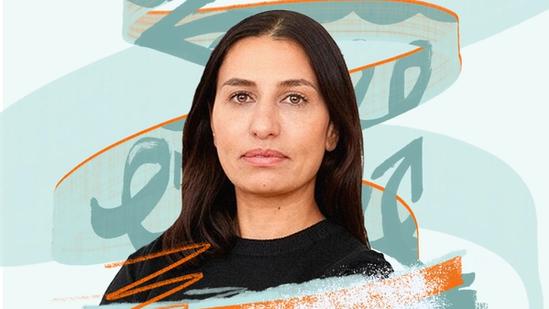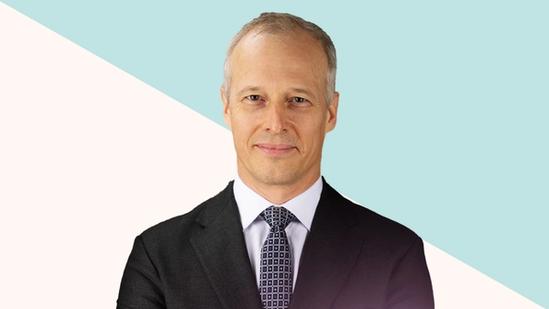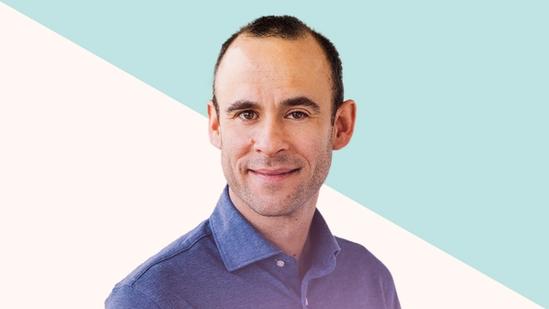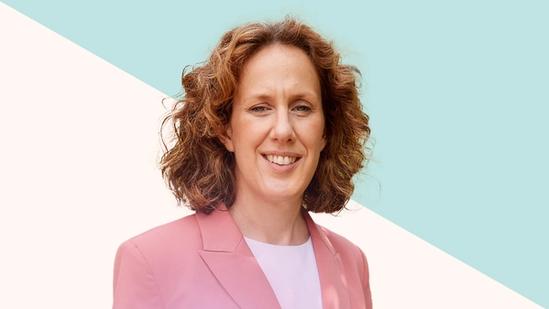Podcast – Ep.5 Eric Usher, Head of UNEP FI
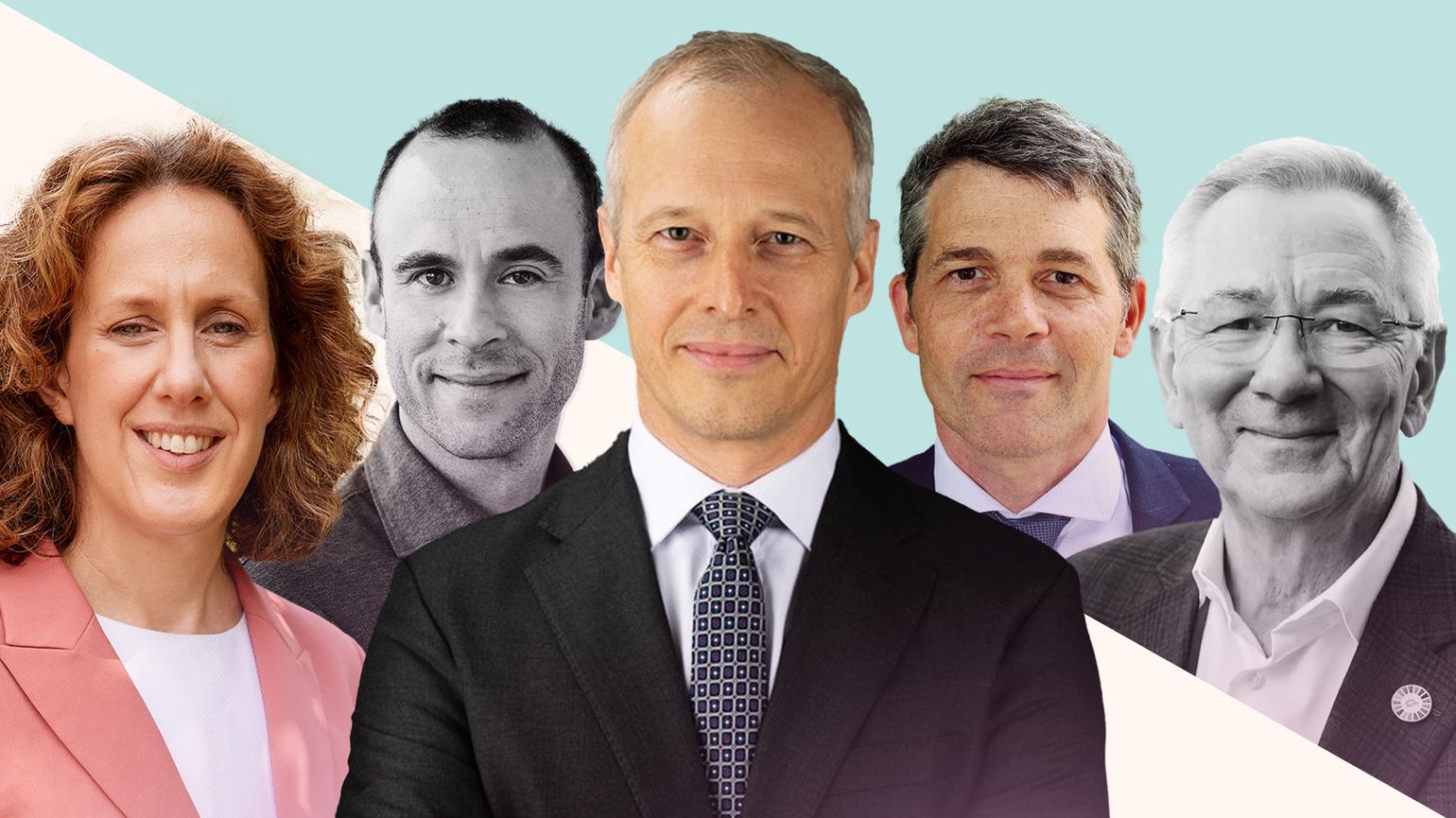

At COP29, Bahare Haghshenas, EQT's Global Head of Sustainable Transformation spoke with Eric Usher, Head of UNEP FI. Scroll to the bottom of this article to watch the full episode.
Bahare Haghshenas: Welcome, Eric; it’s great to have you here.
Eric Usher: Wonderful to be here, Bahare.
Bahare Haghshenas: How has COP been so far?
Eric Usher: Well, you know, we’re getting towards midway through, and often that means typically the low point of these conferences, where there’s a lot of consternation between the parties, lots of disagreement and lots of, what we’d say, bracketed text.
And so we’re pretty much true to form at this point. As we know, COP29 is focused principally – or the expectation is that it should be the Finance COP – because there are huge expectations around this new collective quantified goal, a very wordy concept we call the NCQG.
It’s expected to be a new quantum of finance developed countries are committing to provide to developing countries over time. Based on global equity, most new emissions will come from the emerging world, and it’s in everyone’s interest to help reduce them.
So there’s this relationship about how we can help emerging markets and developing countries lower their emissions and respond to a changing climate—whether through adaptation or resilience.
Bahare Haghshenas: Let’s come back to the private sector, the financial needs, and the gap we have, along with opportunities, soon. But first, heading UNEP FI, tell me about that.
Eric Usher: Yeah, so the UNEP Finance Initiative is the finance arm of the UN Environment Program. We were created in 1992, quite some time ago, when a number of banks attended the Rio Earth Summit.
That was the first time banks began seeing these intergovernmental discussions between countries around global issues like climate change. They realized they needed a platform to learn from what was happening in these processes and contribute to them.
So, we were created. Jump forward to 2004, when we commissioned what became known as the Freshfields Report. It was the first legal analysis to provide clarity for investors, saying they could consider environmental and social issues in their decision-making.
It provided the legal room within their fiduciary duties to include these factors.
Bahare Haghshenas: But it was voluntary.
Eric Usher: In a voluntary sense, so it was a ‘could.’
Over the next 20 years, we’ve seen that evolve from a ‘could’ to a ‘should’, and today, in many jurisdictions, it’s a ‘must.’
Based on that legal view, in 2006, we worked with the UN Global Compact and a group of 20 investors to establish the Principles for Responsible Investment. Today, that framework serves as the investment industry's guide to responsible conduct regarding environmental and social sustainability issues.
“Based on global equity, most new emissions will come from the emerging world, and it’s in everyone’s interest to help reduce them.”
Bahare Haghshenas: EQT operates in the European Union, and the CSRD is absolutely taking a lead there. Do you think this will change the way we invest?
Eric Usher: I think so. We have to admit it’s a challenging time for European financial institutions and corporates.
A lot of new regulations are being put in place, and it’s taking a lot of bandwidth to apply these new requirements. For example, the due diligence directive is coming in.
However, it’s quite holistic in nature. European companies mustreport their revenues, CAPEX, and OPEX to show how much aligns with sustainable economic activities as per the taxonomy.
For instance, we’re seeing numbers showing that about 8 percent of large corporates’ European revenues are sustainability-aligned. However, 16 percent of their CAPEX is aligned, which indicates that European corporates are investing in the future holistically.
Bahare Haghshenas: It seems we’re moving away from two things. First, from pledges and commitments to actual data, trying to harmonize it as much as possible – not easy, but essential.
Second, we seem to be moving beyond the traditional ESG view of risk management and compliance to focusing on financial activities and the products and services companies sell. Do you think this shift will reflect in how we invest?
Eric Usher: Yes, I think so.
Of course, disclosure and risk management are one step. But the very important shift is that disclosures are no longer expected to be backward-looking.
It’s now about transition plans – forward-looking plans that align with objectives. This is a very important development.
Bahare Haghshenas: And if we tie that to this COP, there’s a need and expectation for private capital to accelerate. What barriers do we need to remove to make that happen?
Eric Usher: Climate finance is already growing. Analysis shows that between $1.3 and $1.7tn was invested in climate finance activities last year – double what it was five years ago.
To meet 2030 objectives, we’ll need between $5 and $7tn annually. That means doubling again and again over the next five years. Financial markets are capable of scaling like this; it’s not unreasonable.
Bahare Haghshenas: We’ve talked about energy and infrastructure as investment opportunities. What about agriculture?
Eric Usher: Agriculture is challenging, especially for many in the global South who rely on it directly or indirectly.
There’s a need to expand innovations, such as parametric insurance, which triggers payouts based on weather events. For example, if farmers in Bangladesh experience flooding, insurance can help manage their revenues.
The challenge is often distribution – getting the products to the farmers. Banks often have relationships with farmers, so that they can be the distribution channels for these insurance products.
The views and opinions expressed in this interview reflect those of the participants and do not necessarily represent the official policies, strategies, or commitments of EQT AB or its affiliates.
ThinQ is the must-bookmark publication for the thinking investor.
